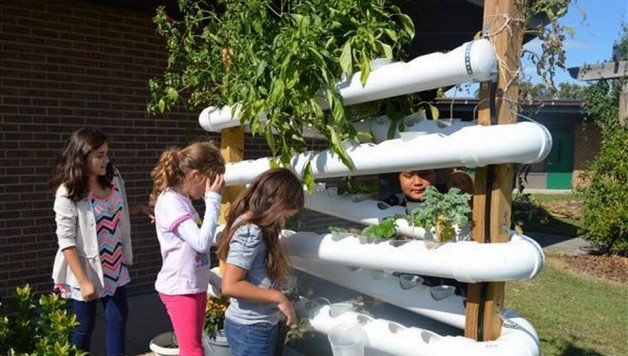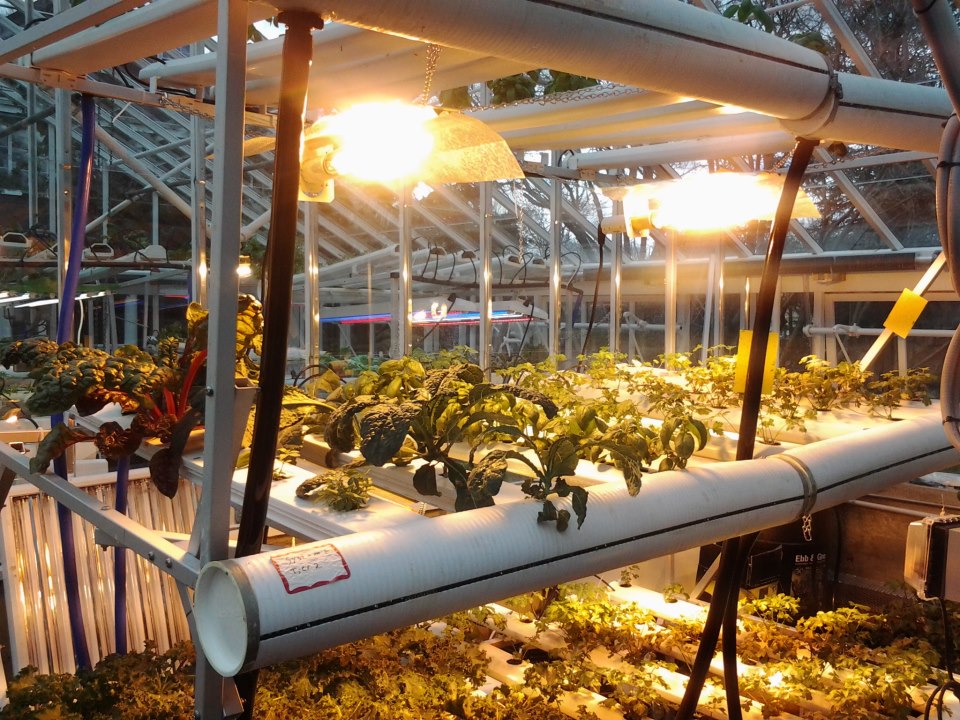It is always remarked how a good education system is the key driver to shape the behaviors and increase the quality of a society, as well as it is a way to hand down its heritage. Through education, youth learn fundamental skills, like communication or math, as well as they learn the founding values and the rules of their society, which are necessary to favor their better integration. In addition, youth are encouraged to develop technical skills according to their passions and their attitudes, which will provide opportunities for personal fulfillment for them and, at the same time, contribute to enrich the wellbeing of a society. Therefore, the more as an education system is wide and has good teaching standards, the better will be its output: the society.
Engaging Youth in Hydroponics & Food Education
Nowadays, as stores are full of “junk foods” and the food production chain is for the most industrialized, one of the most important aspects that youth need to deepen, in all its shapes, is the food education. Indeed, it’s easier to transmit to people awareness on the good nutrition habits when they are young. Likewise, it’s important to teach them the food production techniques, pointing to their attention the sustainable practices and the traditional local product, so that they could be more conscious both as a customer and as farmers.
Benefits of Teaching Hydroponics to Students
The teaching of hydroponics fit perfectly with what said before as this technique can provide high quality food and significant environmental benefits.
Main benefits for students involved in hydroponics are:
- Innovativeness (it shows to youths a different way to do agriculture and can inspire them to pursue innovative solutions)
- Direct contact with the nature and better awareness of the food
- Building a sense of community (i.e. the food produced by students can be shared within the local community)
- Development of technical skills
- Personal growth and sense of responsibility (i.e. project responsibilities, team working skills)
- Deepening of the many subjects of study involved
As said in the last point, by engaging youth in hydroponics it’s also possible to improve their awareness of the related topics of study.
Indeed, hydroponics can transmit knowledge of:
- Biology (understanding of photosynthesis, nutrients, root development, etc.)
- Chemistry (interaction with Ph, nutrients, etc.)
- Business (business planning, ect.)
- Engineering (design of the hydroponic systems)
- History (evolution of the hydroponics techniques and differences between local productions)
Boston College Urban Hydrofarmers Success
The highlighted benefits are more than enough to justify the development of hydroponics teaching programs. In addition, the achieved success of the existing programs can act as a boost to the development such programs.
The Boston College project, “Urban Hydrofarmers”, is a perfect example of that. This project, started in 2012, targets youth aged from upper-elementary school through high school and provides opportunities for young people from low-income communities to learn about growing food, learning science, becoming interested in learning more about healthy eating.
Boston college Professor Mike Barnett, in an interview for Tedx, explained that during the past two years the program received 100% college attendance rate with over 65% of those youth choosing to major in a scientific field (the national average for youth of color is 6%). He also highlighted that it has been the only program in the nation having three youth which received the highly competitive and prestigious Gates Millennium Scholarship (which covers all college expenses for youth studying a scientific discipline) during the past three years.


